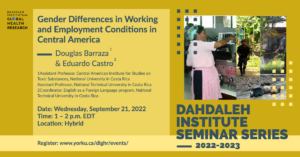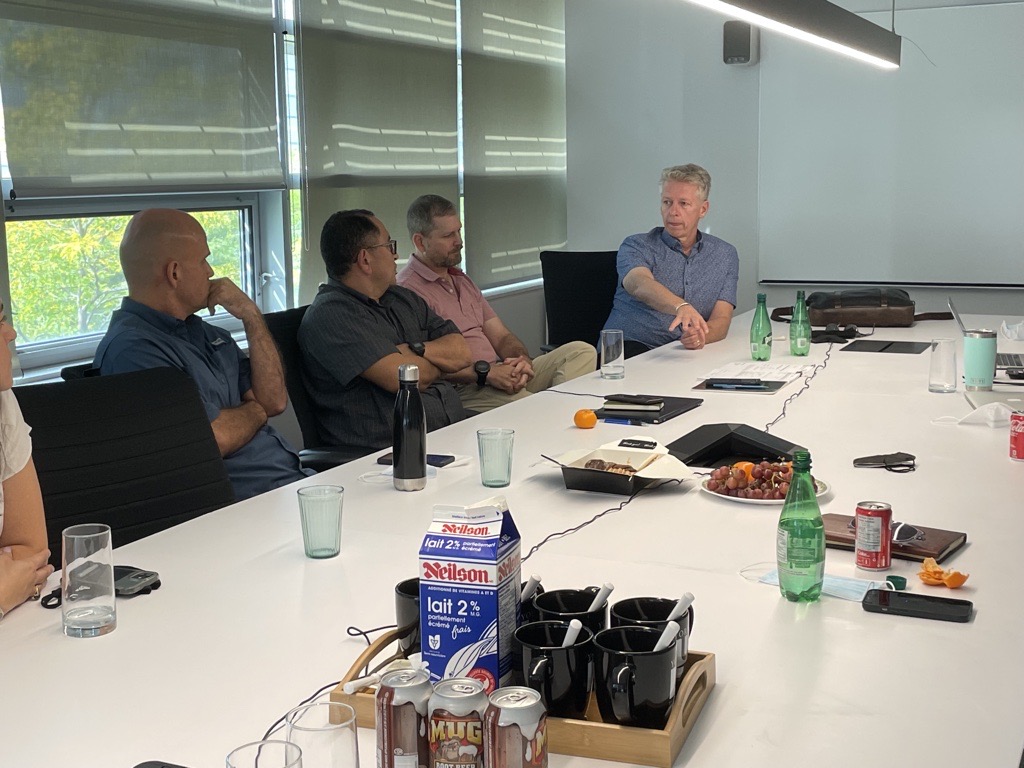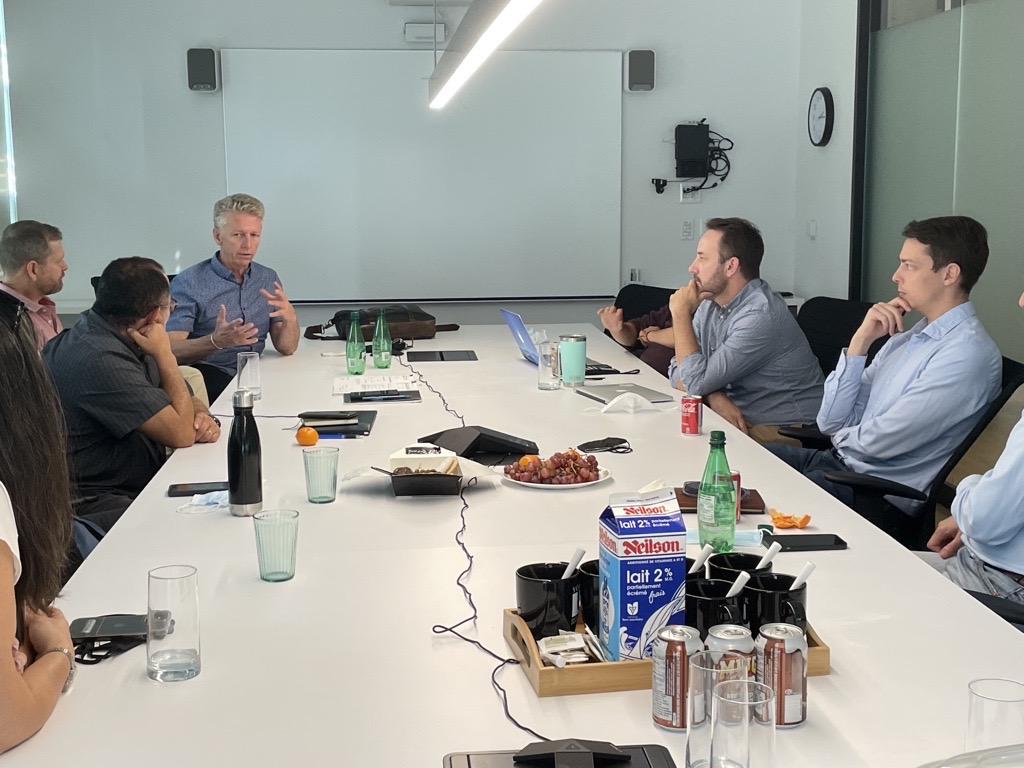Post
Published on June 29, 2023

On September 21, 2022, Douglas Barraza and Eduardo Castro examined structural gender inequality in Central America. Douglas introduced survey results about the labour conditions across various countries in Central America and how these circumstances have resulted in higher rates of unemployment among women. Some countries such as Panama and Costa Rica fare better comparatively (e.g., better employee benefits such as two weeks of paid vacation, pensions, resting or sick days, and maternity and paternity leave) however, much improvement is still required.
Between 2015 to 2019, the employment rate of women has increased slightly, but the employment rate for men is still nearly double that of woman. Eduardo added that not only is there a disparity between employment opportunities between men and women, but there is also a division between citizens and migrant workers where immigrant workers often work in unsafe conditions with fewer benefits.
Douglas and his research team found that regardless of gender and status, all workers are working longer hours. To earn a minimum wage of $400 USD per month, many are working around 40 to 60 hours a week. These workers risk compromising their health working overtime in dangerous work conditions. His research measured the safety of work environments with a criterion that included items like exposure to elevated noise, exposure to toxic chemicals, continuous repetitive movement, requirement to work fast, union health and safety offices at work, risk-prevention services, and the workers perceived level of health. Despite the efforts, more progress needs to be made towards improving the working conditions for all citizens regardless of gender and immigration status.
Watch the seminar presentation below:
Connect with Douglas Barraza and Eduardo Castro
Themes | Global Health & Humanitarianism |
Status | Active |
Related Work |
N/A
|
Updates |
N/A
|
People |
N/A
|
You may also be interested in...
Internship Program: 2021-2022 Year In Review
The Dahdaleh Institute worked with exceptional students this year through our Internship Program, which is founded in an experiential education approach. Students completed program practicums with us, were hired through the Research at York program, ...Read more about this Post
Recap – Summer 2024 Climate Cafés
This summer (June 27 and July 8, 2024), participants joined a calm, welcoming, and respectful environment to discuss ‘Climate Distress to Action’. Climate distress is the natural emotional and mental distress that arises when people ...Read more about this Post
Hot off the Press – Recent Publications by Dahdaleh Institute Researchers
Research by Dahdaleh Institute Research Fellow James Stinson and his partners has been featured as a case study by the Canadian Climate Institute as part of their "Indigenous Perspectives" series, which showcases exemplary Indigenous work ...Read more about this Post


